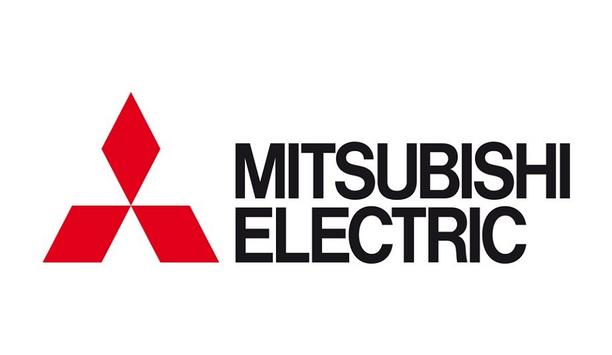With the clock ticking to decarbonize schools and colleges, low-carbon building services consultant - BREng has identified key lessons from recent pioneering school projects, to help education estate managers plan their path to net zero.
Rob Smelt, Director of BREng, will present the findings in a webinar, entitled 'Meeting Heat Demand in Schools', part of a series on Decarbonizing Education Buildings organized by elemental, taking place on 10 October, 2023.
Reducing Space heating in schools
"Space heating in schools accounts for around 60% of their energy use. Reducing the temperature by just 1ºC can save 10% on heating bills," says Rob Smelt, adding “With energy costs rising and pressure on schools to decarbonize, there are some quick and easy measures education estate managers can take to reduce energy use in the short term, without impacting the comfort of pupils and staff."
However, he added: "Longer term, meeting net zero targets will require a complete transformation in the way schools and colleges are heated. This will involve the use of a mix of technologies–combining heat pumps, high-efficiency heat transmitters, low-energy lighting, and solar power–to deliver the carbon reductions required."
Carbon savings
Getting the technology solution right to achieve this will require site-by-site audits
Getting the technology solution right to achieve this will require site-by-site audits, to take account of local factors, such as building orientation, fabric, insulation levels, existing technology, and occupant usage.
Rob Smelt stated, "Unfortunately, from our experience in the education sector, there is no 'magic bullet' to deliver net zero. It almost always requires a hybrid approach that pools the carbon savings from several technologies."
BREng’s experience
The key findings to be presented draw on BREng’s experience with ground-breaking decarbonization projects in schools and academies, funded by the UK government's Public Sector Decarbonization Scheme (PSDS) and Condition Improvement Fund (CIF).
"Achieving net zero can be a challenge for schools and other end users, particularly for those who have recently installed new gas-fired boilers. With many schools, the solution is to help them plan for a phased transition, with upgraded heating infrastructure put in place now, ready for the future switch from gas to heat pumps," adds Rob Smelt.
Other topics
Other topics being covered include:
- The effects of temperature – and related metrics – on pupil learning and behavior
- How to make use of a heating audit
- The heating technologies best suited to education buildings
- How heating controls can impact demand and improve efficiency
- How to minimize heat loss and reduce overall heating demand
















